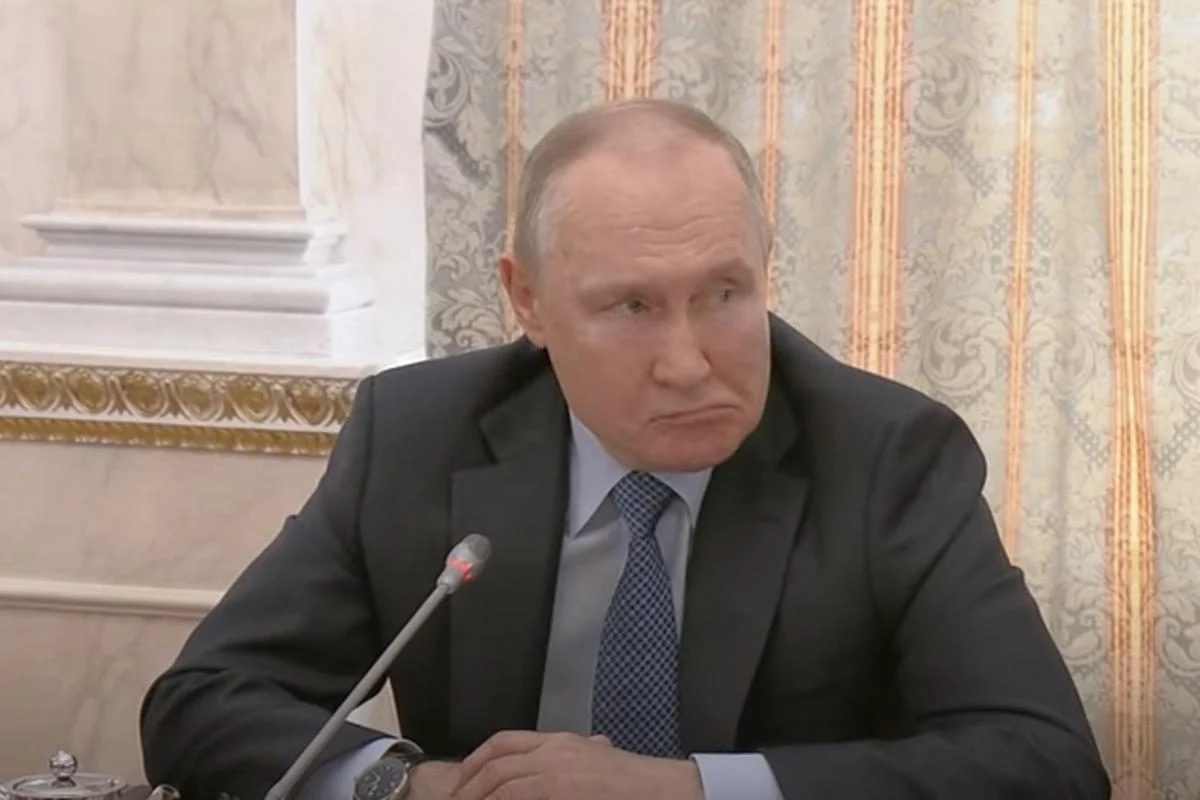Let’s continue discussing how Russia uses not only nuclear threats, but also blackmail with the possibility of escalating conflicts in various regions of the world. Mostly, it is about transferring weapons to terrorist groups or unstable countries. But how real are these threats? Let’s figure it out together.
Why is Russia threatening to transfer missiles to the Houthis?
Recently, Moscow has once again threatened to transfer missiles to the Houthis after Saudi Arabia hinted at increasing oil production. Russia aims to blackmail the West, as its nuclear threats did not bring the desired results. Additionally, Russia may have unfulfilled agreements with Iran, which affects this process.
The Iranian president even invited the West to negotiations during the UN General Assembly. So the situation with the Houthis coincides with Saudi Arabia’s decision to increase oil production. The plans were agreed upon several months ago, but Russia did not consider Riyadh’s interests, which only complicated the situation.
Saudi Arabia’s Economic Motives and Political Conflict
Saudi Arabia’s main motive lies in economics, as the decrease in oil production did not yield the expected results. But there is also a political aspect: Moscow did not consider Saudi Arabia’s interests, causing dissatisfaction. This also strengthened cooperation between the US and Saudi Arabia in the intelligence field.
A Chess Dilemma
Currently, Russia finds itself in a complex situation:
- either it escalates relations with Saudi Arabia and the UAE, fulfilling its threats and agreements with Iran,
- or it once again shows that its threats are just empty words.
This situation is important for Ukraine, as many in the West use these threats as a reason for “denying” us. However, in practice, implementing these threats has proven to be not only difficult for Russia but also politically dangerous. If Moscow fails to fulfill its promises to the Houthis, it will cast doubt on its relationship with Iran, but that’s a different story.
Therefore, Russia finds itself trapped by its own threats, and any choice it makes now works in our favor. Moscow either breaks off relations with key partners in the region or loses its reputation with Iran and the Western world.
Read the first part “How the Kremlin betrayed its partners (Part one)” at the following link:


